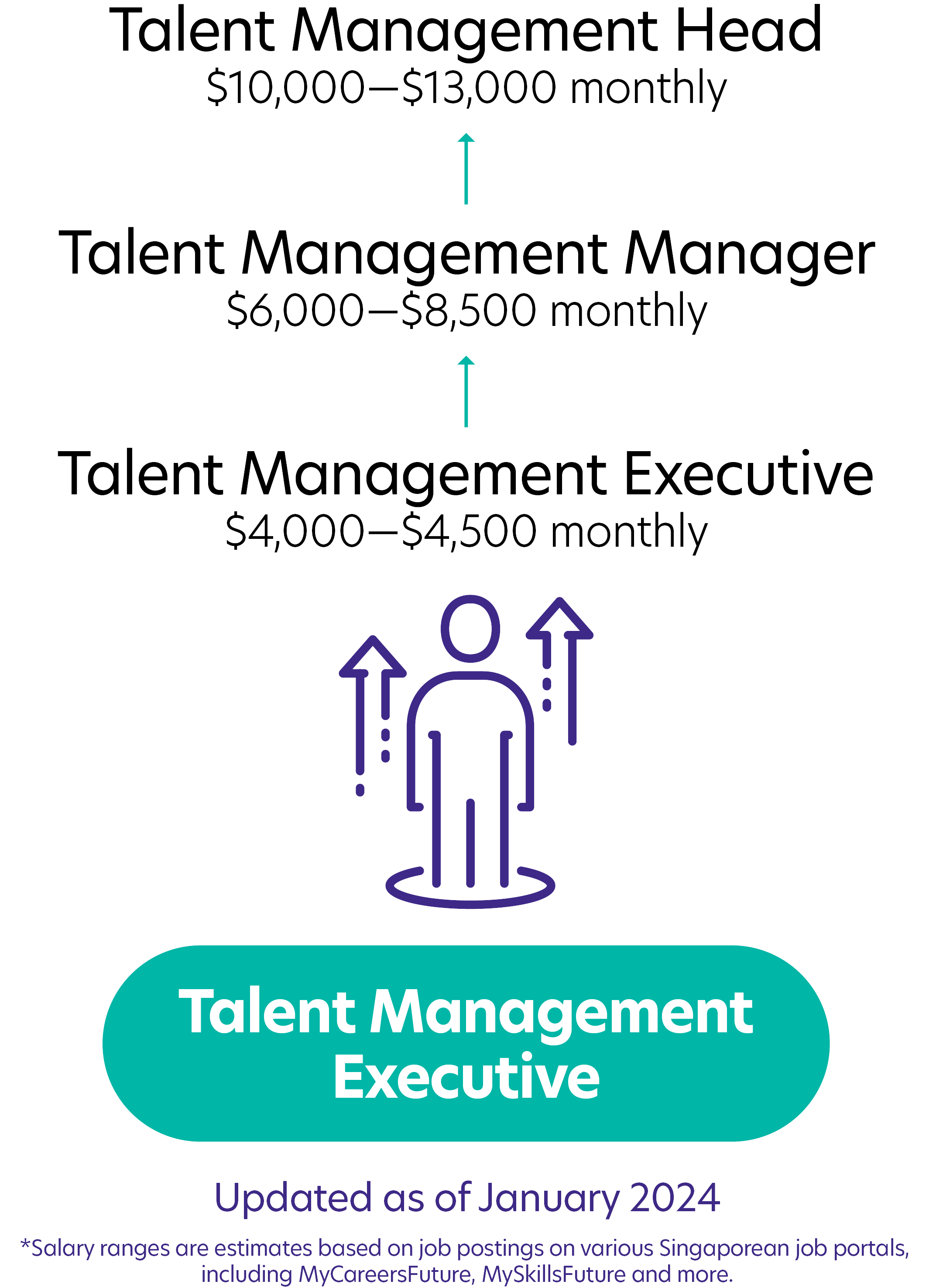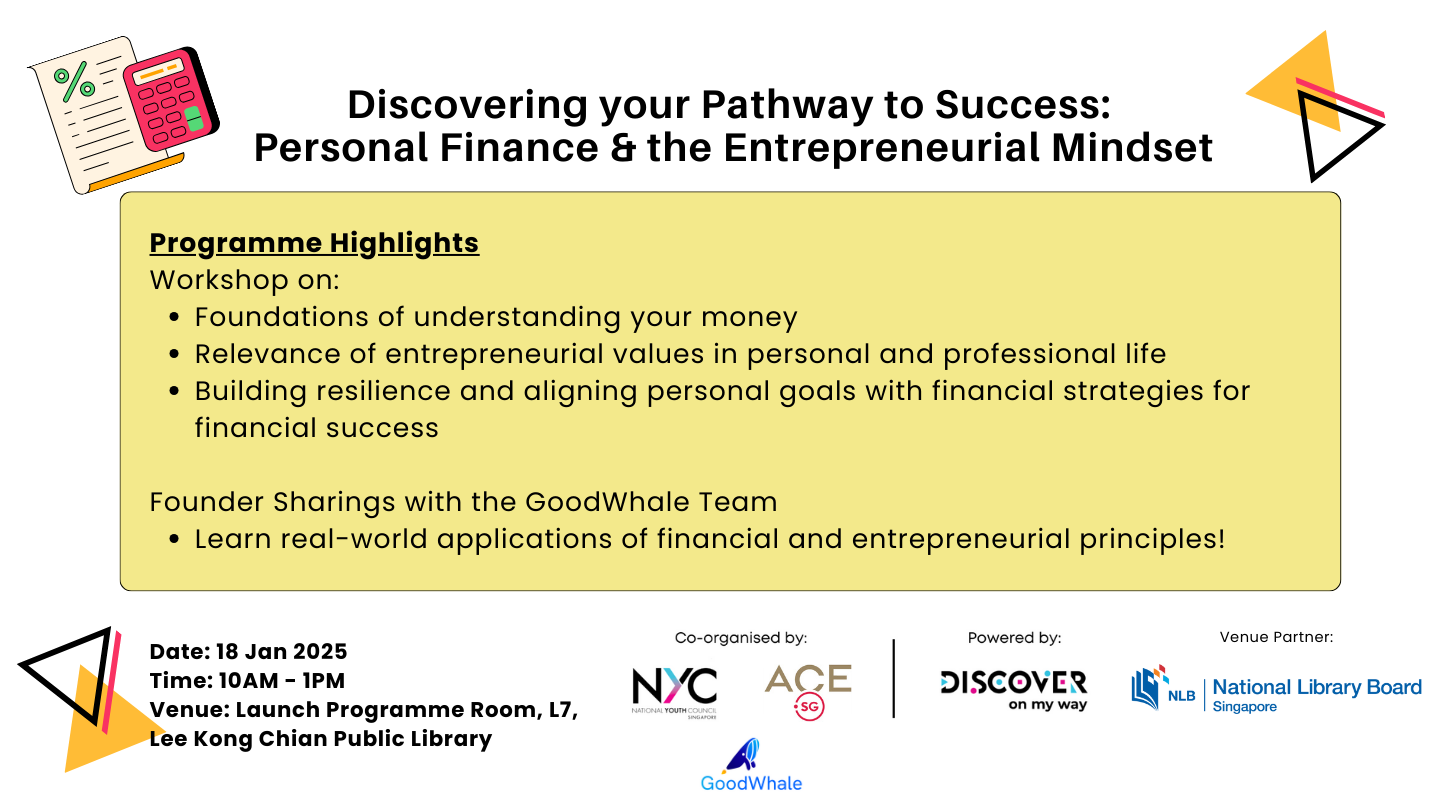
Talent Management Executives focus on learning needs based on the company's requirements. They develop and support the delivery of different learning programmes suited to their talents' needs.
Talent Management Executive Job Description
- Manage virtual learning community platforms ensuring they are engaging, user-friendly, and facilitate effective knowledge sharing among employees.
- Review data gathered from department heads on competencies required and gaps identified.
- Support the development of materials with content experts for learning programmes following Technical and Generic Skills and Competencies (TSCs and GSCs) of the Skills Frameworks.
- Collaborate with trainers and vendors to schedule and conduct courses according to plans or programmes.
- Provide support to the human resource manager to develop programmes for succession planning.
Note
Every talent and employee has varying learning needs–and it's up to Talent Management Executives to decide which programmes are suitable. The Talent Management Executive communicates with them to find out what they require.
What you should know about Talent Management Executive jobs in Singapore
Nature of Work
As Talent Management Executives, you’ll oversee employees while they are working for the company and guide retiring employees.Key Advice
You will need to plan successor training, requiring keen attention to detail to identify employees with high potential.-
Entry RequirementsEntry Requirements
- Minimally, you will need a diploma or degree in any field of study.
- You will also need a minimum of 2 years of HR-related experience or an equivalent field.
- Knowledge of the eSports field is highly preferred and will be advantageous.
- Experience in developing and implementing effective engagement programs and retention strategies.
- High proficiency in English is essential to ensure that you’re able to communicate well with your colleagues.
- Proficiency in using Human Resource Information Systems (HRIS) would be highly preferred.
-
Possible PathwayPossible Pathway

Skills you need to pursue a Talent Management Executive career in Singapore
 Hard Skills
Hard Skills
Knowledge in Skills Frameworks
Understanding of talent and competency models, ensuring alignment with strategic objectives.Programme Planning
Skilled in designing training programs to foster professional growth within the company.Analytical Skills
Proficiency in talent data analysis to optimise workforce capabilities.Interpersonal Skills
Exhibit capabilities in engaging with people to create an inclusive and motivating environment.Ability to Work in a Team
Demonstrates collaboration in a diverse team environment to achieve collective goals.Communication Skills
Communicates clearly and persuasively in interactions with the team to drive project success.Related Job Roles
Explore Other Programmes
Browse AllYou have bookmarked your first item!
Find it in My Discoveries with insights on your interests!



